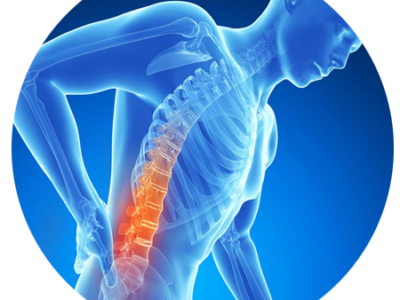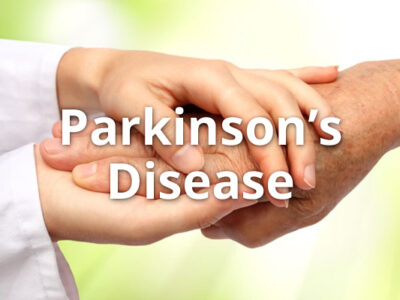Thinking the Worst Can Lead to More Post Operative Pain
If we were aware of how powerful our thoughts are, we might guard them a little more. We may take action to get our brains to focus on the good or not exaggerate the bad or negative. This is also true regarding the amount of pain we may feel following surgery. Researchers put it to the test to see if pain catastrophizing leads to an increase in postoperative pain when people have knee or hip surgeries.
Researchers report the finding of their analysis in the July 2023 issue of the journal Acta Anaesthesiologica Scandinavica (1). They wanted to see if there was a psychological component to the amount of pain that people experienced following surgery for a total knee or hip replacement. Using four large databases, they reviewed articles to find those that reported on postoperative psychological factors with pain within 48 hours of the surgeries.
They found 18 published articles that met their criteria, focusing on 16 unique populations. They found that three studies reported that anxiety was related to postoperative pain, and two found depression associated with it, but catastrophizing was the most important predictor of postoperative pain.
Concluding that psychological factors influence postoperative pain, they found that catastrophizing, anxiety, and depression were associated with developing pain following the surgeries. The most consistent predictor was pain catastrophizing.
Catastrophizing is considered a cognitive distortion because the person exaggerates the outcome. Those who catastrophize tend to assume the worst will happen, that the pain will be terrible and that they will have a difficult time. The thoughts, which are focused on being pessimistic, overthinking the situation, and assuming that the outcome will be horrible, lead to a situation where the person feels more pain following the surgery.
The good news is that there are ways to help avoid catastrophizing, which should help not to exacerbate the pain following a hip or knee replacement surgery. Some ways to do this include practicing mindfulness, journaling about the experience and concerns, practicing gratitude, coming up with solutions to problems, and facing fears. Fear often causes people to catastrophize because they worry about a situation and think of the worst outcomes.
Knowing that people will likely experience more pain following a knee or hip replacement surgery if they catastrophize, have anxiety, or are depressed, doctors and loved ones can help the person with these situations leading up to the surgery. Getting the person to think more positively and realize that their thoughts about the situation will influence how much pain they may experience can be helpful.
Sources:
Acta Anaesthesiologica Scandinavica. Psychological predictors of acute postoperative pain after total knee and hip arthroplasty: A systematic review. July 2023. https://onlinelibrary.wiley.com/doi/10.1111/aas.14301







